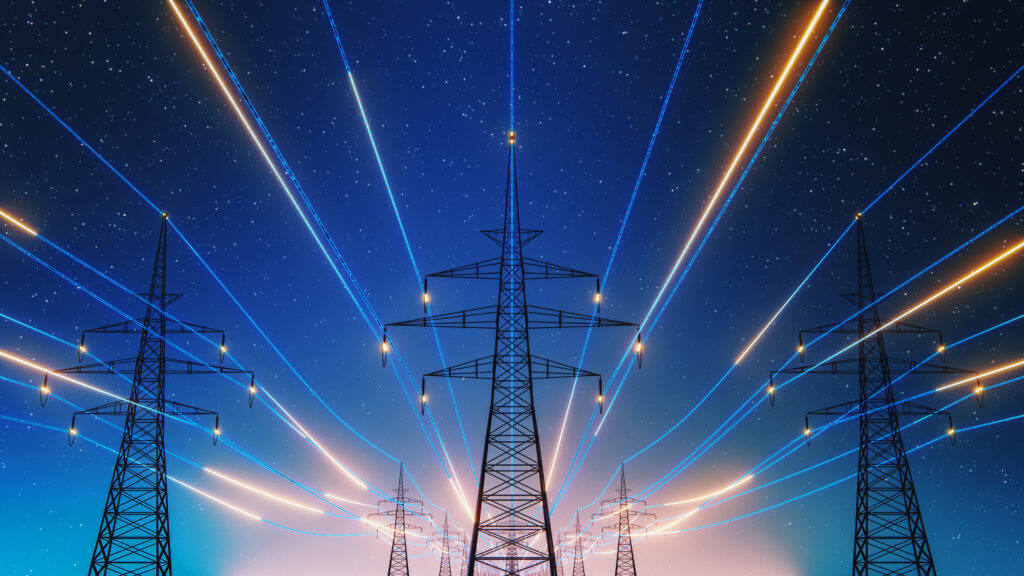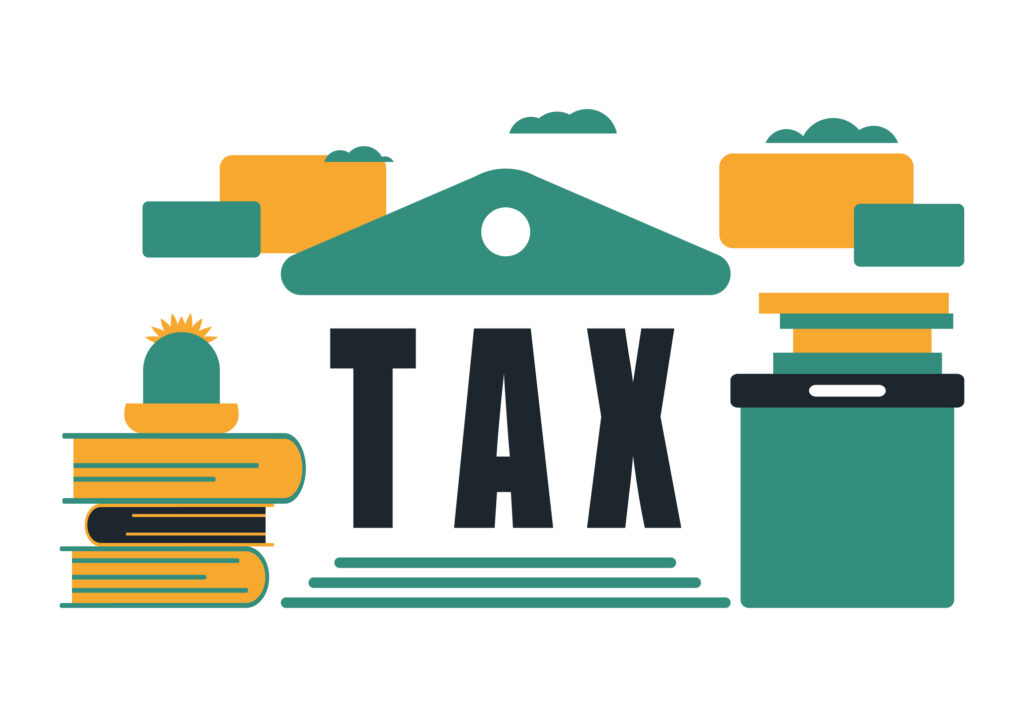United States citizens count on affordable and available electricity production and delivery to their homes and businesses more than any other factor to maintain their quality of life.
It would seem prudent that these electricity customers demand that the market for this most valuable commodity be optimized in their best interests. After all, the customer is king in a free enterprise economy, right?
The trouble is that all electricity markets in this country are monopolies. The most beneficial market for consumers is free enterprise, one in which the government enforces a fair and level playing field for all entrepreneurs. Consumers have allowed their government to transform this market into one that resembles a Soviet Union five-year plan, rather than a customer-demand-driven competition among different suppliers.
Predictably, the results of this government-supported monopoly seem to resemble the shortages, escalating costs, and brittle prospects of a slave state. Government is in business with the big companies (subsidies), regulations favor monopolistic dictatorship instead of competitive prices, and the consumer is forced to “take what they can get” and “pay whatever is asked” to stay connected to the life-giving river of electricity.
We are on the cusp of blackouts, price hikes, rising demand with no rising production, and the fate of the entire business is entirely in the hands of government agencies (both Federal and State) collaborating with businesses. We do not think this is conducive to the American dream.
In such a society, innovation is almost non-existent because there is no incentive to improve. After all, you are forced to buy the service offered or stop using electricity. To these authors, this sounds precariously close to extortion, and we do not like it.
The good news is that many different small and large companies are trying to compete for the electricity production business.
The bad news is that they are bowing down to the government in a vain begging posture to be allowed to place their products on the market.
Our analysis has determined that nuclear power offers the best advantage to the buying public. It has proven to be the safest, most compact, most resilient, most flexible, cheapest, and safest form of electricity production.
The direct supply of continuous and uninterrupted electricity to customers is far more efficient and robust, while offering the most competitive rates for all consumers.
The German government forced all its perfectly good reactors to close, resulting in the highest electricity prices and dirtiest air in the European Union. It is considering reversing that mistake with the help of investors who see a vast potential to reactivate nine nuclear power plants for electricity production.
The Spanish government’s influence on the market caused the grid to black out due to the volatility of intermittent wind and solar production.
California must count on coal-fired imported electricity from Montana to supply its citizens with the bare minimum of power at greatly increased rates.
Even our own national grid suffers from government regulation that has placed the entire system in a very vulnerable and fragile condition. Maybe it is time to consider ignoring government influence (money) and bringing back states’ rights to force free enterprise. Clearly, the government is only making things worse with more subsidies, agencies, regulations, spending, and collusion with businesses.
The ironic reality is that the needed innovation is resident in many big and small entrepreneurial companies. Yet, no nuclear reactor design is allowed to escape from the inefficient clutches of the Nuclear Regulatory Commission. We keep hearing about “reforms” and “efficiencies” being “imminent,” yet there are no results, even in an industry that boasts the best industrial safety record in the country (nuclear power).
This regulated stagnation would be worse if all automobile and truck designs were required to be individually approved by the “Automobile Regulatory Commission” after being designed and re-approved before they could be built, just because these machines result in more than 40,000 deaths per year. Of course, this radical step is not being contemplated.
Yet, the NRC is worse because the nuclear power industry has killed nobody in almost 7 decades of regular operation. We can find no logical narrative in any document to explain this.
So, all we ask is equity (everyone should like that) with the automotive industry. We set safety standards that must be met by all companies, large and small. We monitor the industry for violations of these standards and make appropriate corrections.
The “National Reactor Safety Administration” could replace the Nuclear Regulatory Administration. In a competitive world, companies could build and market their wares and try to outdo each other in price, innovation, variety of products, and flexibility, just as it works in the automobile industry.
What is at stake is the quality of life for all US citizens (indeed, the world) as they would be allowed to pick the electricity delivery method that best suits their needs. The airline and telephone industries were forced to “deregulate” in the past decades, much to the consumer’s benefit. All citizens can now afford to fly if they desire, and long-distance phone calling is now free for the cost of renting a phone.
Deregulating the electricity market would be far simpler and beneficial to all citizens.
We are facing an escalating demand for electricity, which we have not seen in at least two decades. Data centers are profitable at $3 per kWh of electricity. Once the bidding war starts, where would that leave existing residential and commercial customers? We have shown how recycling the existing stockpiles of slightly used nuclear fuel in fast reactors could produce so much supply that profits could be made at pennies per kWh.
So, the question is:
Will US citizens tolerate a dollar per kWh of electricity under a monopoly system, or will they demand a penny per kWh of power in a free enterprise system?
We know what we would advocate.
First Published at America Out Loud News





